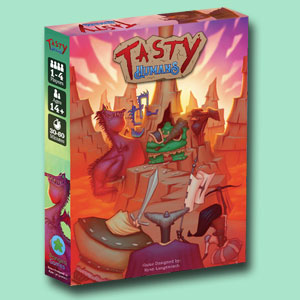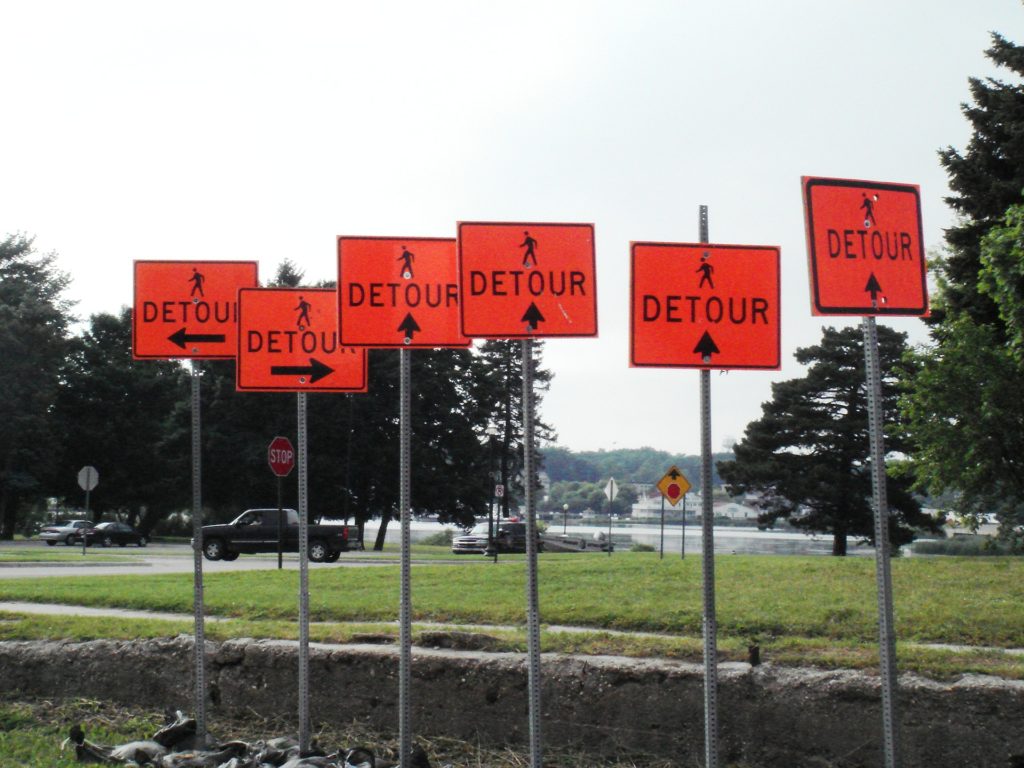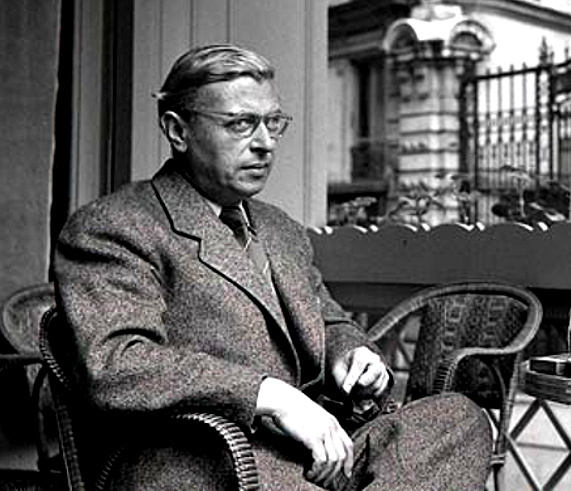The Unexpected Virtue of Ignorance
Ignorance is bliss. No, really! Sure, ignorance is a state in which no person should gleefully wallow forever since it will ultimately be their undoing. Even still, ignorance is a reliable shield from the emotional strain of the trials and tribulations of starting a business or beginning game development. If you are a first time developer, you know less now than you ever will, and that’s not necessarily a bad thing. The ignorant aren’t stressed out about the “unknown unknowns.”
Looking for more resources to help you on your board game design journey?
Here you go: no email required!
Like this writing style?
Check out my latest blog on marketing here.
If you ever get the feeling that you’re a big dummy in a room full of people whose minds contain vast libraries of information, I want you to take solace in a few things. The ignorant developers are the ones that Steve Jobs would think of as “staying hungry and staying foolish.” When you have no idea what you’re up against, you can make some incredibly unrealistic goals. That’s a good thing sometimes. Big dreams are, in fact, achievable. People underestimate the time it takes to get there, but the important thing is that the ignorant aren’t afraid to dream big because they’re not jaded yet. Dreaming big is a powerful ability that comes naturally to the ignorant and which the knowing can and must fight to maintain.
If you ever get the feeling that you need to do the reading, that you need to start somewhere – anywhere! – to get better, then congratulations! When you’re ignorant, it’s so much easier to start learning. You just have to accept that you’re ignorant.
Yes, it is true that some resources are lousy and will teach you wrong. But as a tabula rasa, you can learn new facts and develop new habits instead of fixing old ones. Just as it’s easier to refuse your first cigarette than to stop smoking, it’s easier to read about game design than to admit that you did it wrong and then start reading.
Nothing is available to the ignorant that isn’t to the knowing except for a clean slate. From an emotional perspective, it’s easier to start when you know nothing than when you do. Take advantage of it. Remember, that ignorance is not a state of mind to achieve. It’s just a great square one.







